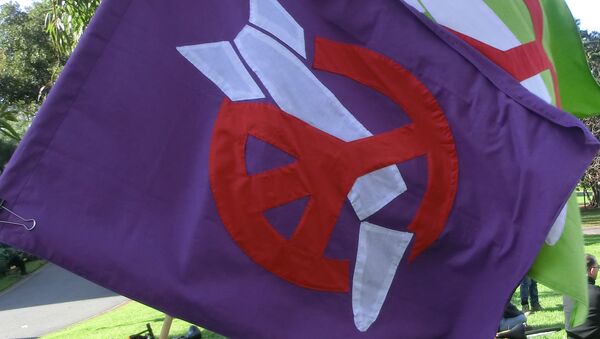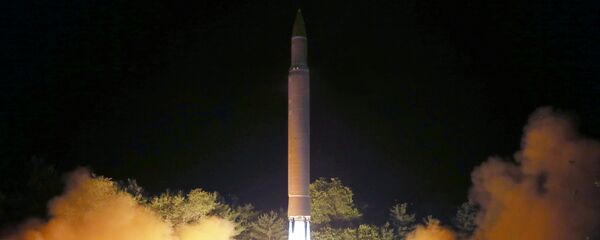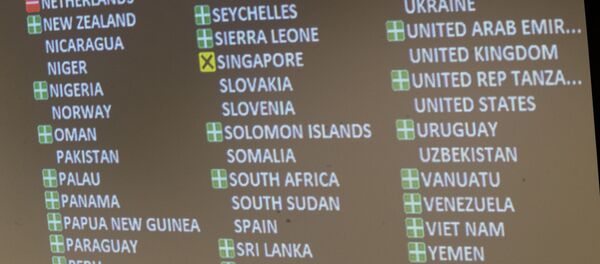Four nations expanded their atomic arsenals: China, India, North Korea and Pakistan. This is little surprise as tensions continue to flare up throughout Asia, with incidents such as the US bloc's stand-off against North Korea, the India-China showdown over the Doklam Plateau over the summer, and the continued border disputes between India and Pakistan capturing the attention of the world.
However, this was offset by countries such as France, Russia, the United Kingdom and the United States downsizing their own arsenals. This dropped the total number of nuclear weapons in the world from 15,395 in January 2016 to 14,935 in January 2017.
The lion's share of nuclear weapons are owned by former Cold War adversaries: the US and Russia. The International Campaign to Abolish Nuclear Weapons reports that the US has 6,800 and Moscow 7,000, vastly more than the world's other nuclear nations put together.
The nuclear club consists of nine nations: China, France, India, Israel (although they have never publicly admitted to having an arsenal), Pakistan, Russia, the United Kingdom and the United States. The newest member of the club is North Korea, which SIPRI claims does not have "deployed warheads," but does have 10-20 "other warheads," which includes weapons that are being held in storage or dismantled. SIPRI says that they aren't confident in their North Korean figures.
"Recent steps in the nuclear disarmament field are encouraging," said Shannon Kile, head of SIPRI's Nuclear Weapons Project. "The groundwork laid in 2016 has been built on in 2017, with 122 states approving the Treaty on the Prohibition of Nuclear Weapons at the U.N. in July 2017."
"The so-called ban treaty is potentially an important milestone on a long-term path toward nuclear disarmament," he added, in reference to the UN treaty that is meant to eventually phase out the entire world's arsenal.
The treaty was signed on September 20, but none of the 50 signatories are nuclear states. The UN representatives of France, the UK and the US said that their nations would never "sign, ratify or ever become party to" the treaty. The Russian delegation also refused to support it, praising the treaty's intentions of denuclearizing the world, but calling it hasty and potentially dangerous.
Iran, Kazakhstan, Saudi Arabia and South Africa, four states that were at one time or another were either interested in acquiring or actually did possess nuclear weapons, were some of the notable signatories.




